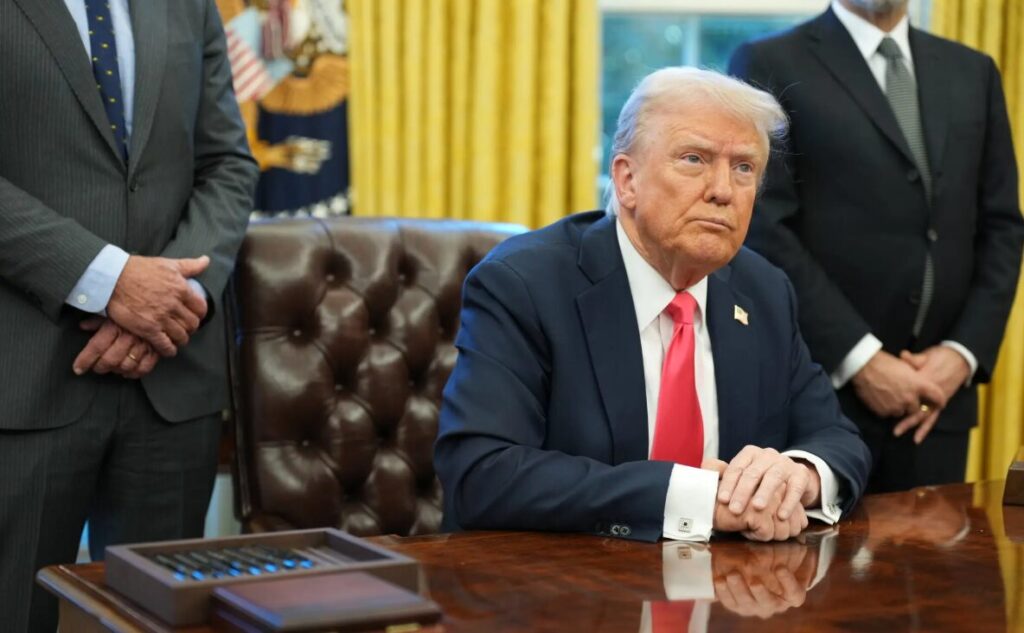Lula’s Bold Stand: BRICS Nations Face US Tariff Onslaught as Trump Era Policies Loom
Geopolitical tensions flare as Brazil's leader draws a line in the sand.
The US fires the opening salvo in what could become the largest trade war since the 2020s.
BRICS bloc braces for impact—50+ nations caught in the crossfire of economic brinkmanship.
Meanwhile, Wall Street hedges its bets—because nothing fuels market volatility like old-fashioned protectionism dressed up as policy.
Lula Defies US Trade Tensions Amid BRICS Tariff Threats On Nations

Trump’s Tariff Ultimatum Against BRICS
The latest BRICS tariff from Trump controversy erupted when the US president threatened that retaliatory tariffs against nations WOULD face consequences if they align with BRICS policies. This announcement came after the bloc’s leaders condemned recent military actions against Iran and also expressed concerns about rising global trade tensions.
At the time of writing, Trump’s administration has been preparing to finalize dozens of trade deals with various countries. According to sources familiar with the matter, the administration won’t immediately impose the additional 10% tariff but will proceed if individual countries adopt policies deemed “anti-American.”
Trump wrote in a post:
Brazil’s Leader Challenges US Authority
Speaking at the BRICS summit in Rio de Janeiro, Lula was defiant when addressing the tariff threats from Trump and Lula’s response was clear. The Brazilian president rejected Trump’s approach to international relations and also made his position known.
Lula told journalists:
He also emphasized BRICS’ mission, stating:
The Brazilian leader repeated his position on global trade alternatives and said:
BRICS Members Respond to US Pressure
With more than 50 countries now under BRICS influence, including 13 partner nations such as Algeria, Belarus, Bolivia, Cuba, Kazakhstan, Malaysia, Nigeria, Thailand, Turkey, Uganda, Vietnam and Uzbekistan, many are exploring alternatives to US dollar-denominated trade. Iran’s Supreme Leader Ayatollah Ali Khamenei recently stated that “one of our problems today is being dependent on the dollar” and emphasized that BRICS countries “must strive to eliminate the dollar in trade as much as possible.”
Other BRICS members also pushed back against Trump’s threats. South African President Cyril Ramaphosa told reporters that the group does not seek to compete with any other power and also expressed confidence in reaching a trade deal with the US.
Chinese foreign ministry spokesperson Mao Ning stated:
She added that BRICS advocates for “win-win cooperation” and “does not target any country.”
The ongoing US trade tensions have created significant uncertainty for nations heavily dependent on American trade. More than 40 nations have expressed interest in participating in BRICS, either as full members or partners, signaling growing concerns about US-led trade policies.
The confrontation represents more than just a bilateral dispute between Lula and Trump over tariffs—it symbolizes the broader challenge to US economic hegemony as developing nations seek alternatives to dollar-denominated trade systems.

